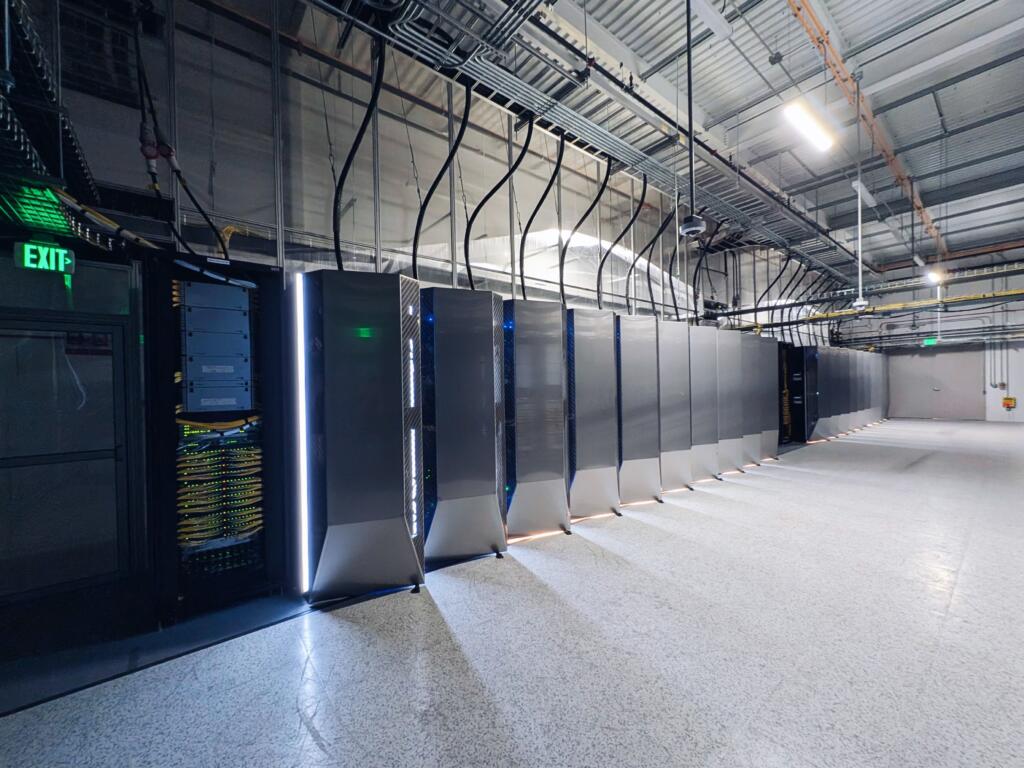Now Reading: Tesla’s Dojo Chips and 4680 Batteries: A Strategic Breakthrough
-
01
Tesla’s Dojo Chips and 4680 Batteries: A Strategic Breakthrough
Tesla’s Dojo Chips and 4680 Batteries: A Strategic Breakthrough

Swift Summary
- Tesla continues progress of 4680 batteries, AI4/AI5 inference chips, and Dojo D2/D3 chips.
- The 4680 battery project aims to reduce dependency on external battery suppliers like CATL and China’s supply chain.
- Dojo chips are being developed to lower reliance on Nvidia, TSMC, and Taiwan for large language model AI training, potentially saving billions in costs.
- TSMC stated that Dojo D2 chips are currently in production; Elon Musk projects mass production of D2 by late 2025 and D3 by 2026.
- Tesla has reportedly ramped up hiring for the production roles associated with the development of these technologies.
- A related networking patent facilitates microsecond interaction between Dojo chips for efficient AI training scalability.
- Musk expressed increasing confidence about the strategic value of advanced chip developments during earnings calls and public summits.
Read More: Strategic Importance of Tesla Dojo Chips and 4680 Batteries
Indian Opinion Analysis
Tesla’s deliberate push toward self-sufficiency in batteries (4680) and AI chip technology (Dojo) underscores both strategic foresight in reducing dependencies on external suppliers-including Chinese-based industries-and competitive positioning within demanding sectors like autonomous driving systems powered by robust AI infrastructure.By controlling critical components of its supply chain,Tesla could set a precedent in vertical integration that other global firms may follow.
For India, this serves as an example worth examining at a policy level-particularly given India’s growing focus on semiconductor manufacturing under the “Make in India” initiative. As india seeks to bolster domestic industries across AI technologies and clean energy solutions such as EVs, similar efforts aimed at self-reliance could strengthen national resilience against international market volatilities or geopolitical pressures.
A more generalized takeaway lies in leveraging locally-produced technological capabilities not only as cost-saving measures but also as tools for long-term innovation cycles that align with broader developmental goals.























